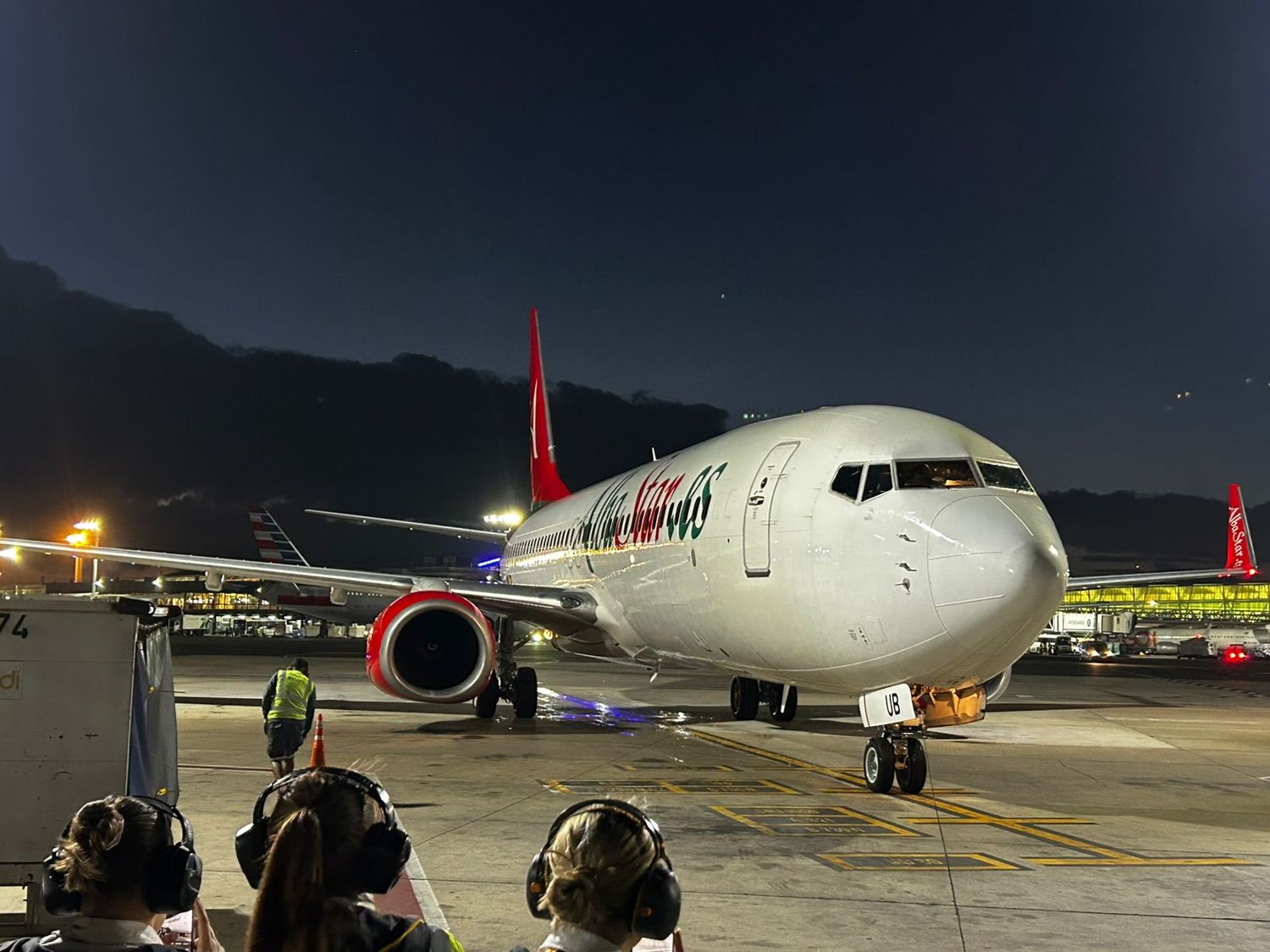Pilots and members of the Board of Directors of ATAF (Flybondi’s Airline Crew Association) have submitted a document addressed to Mauricio Sana, the airline’s CEO, requesting a review of the current working conditions. The main complaint revolves around the adjustment of the minimum scheduled hours for Argentine captains, as well as pointing out issues related to salary disparities, imbalances in flight hour assignments, and a lack of responses from management.
The document highlights that Argentine captains fly an average of 53 scheduled hours per month, while those hired under the ACMI (Aircraft, Crew, Maintenance, and Insurance) model reach 80 hours monthly. This disparity not only affects working conditions but also creates economic imbalances for local captains.
In terms of salaries, ATAF claims that captains earn less than first officers, a situation they attribute to low productivity resulting from the lack of assigned hours.
The ACMI model and its implementation at Flybondi
The ACMI regime is an operational model in which an airline leases aircraft with crew, maintenance, and insurance included. This model is often used to cover increases in seasonal demand or operational contingencies. However, according to ATAF, the implementation of this model at Flybondi has caused internal conflicts due to the differentiated treatment of pilots hired under this scheme.
The company has so far incorporated five aircraft under the ACMI model: two Boeing 737-800 leased from Spanish carrier Albastar and three Airbus A320-200 leased from Lithuanian lessor Avion Express. Of these five aircraft, four operate regular flights, while one A320 is used as a backup in the event of disruptions in the scheduled fleet.
ATAF notes that ACMI crew members, mostly foreigners, receive better conditions in terms of transportation, accommodation, and meals. This has led to recurring complaints among Argentine crew members, who perceive a disparity in treatment that impacts team morale and internal collaboration on tasks such as flight rescheduling.
Lack of responses and potential actions
Despite previous attempts by ATAF to engage in dialogue with management, pilots claim they have not received satisfactory responses. Additionally, they mention that the unbalanced expansion of the captain roster, including the direct hiring of foreign pilots, has created an atmosphere of «widespread discontent» within the company.
If they do not receive a favorable response to their request, ATAF representatives warn that they will proceed to file complaints with the Ministry of Labor and relevant authorities. This could bring public and media attention to the conflict—an outcome the organization seeks to avoid but considers necessary to make their grievances visible.


Comentarios
Para comentar, debés estar registrado
Por favor, iniciá sesión